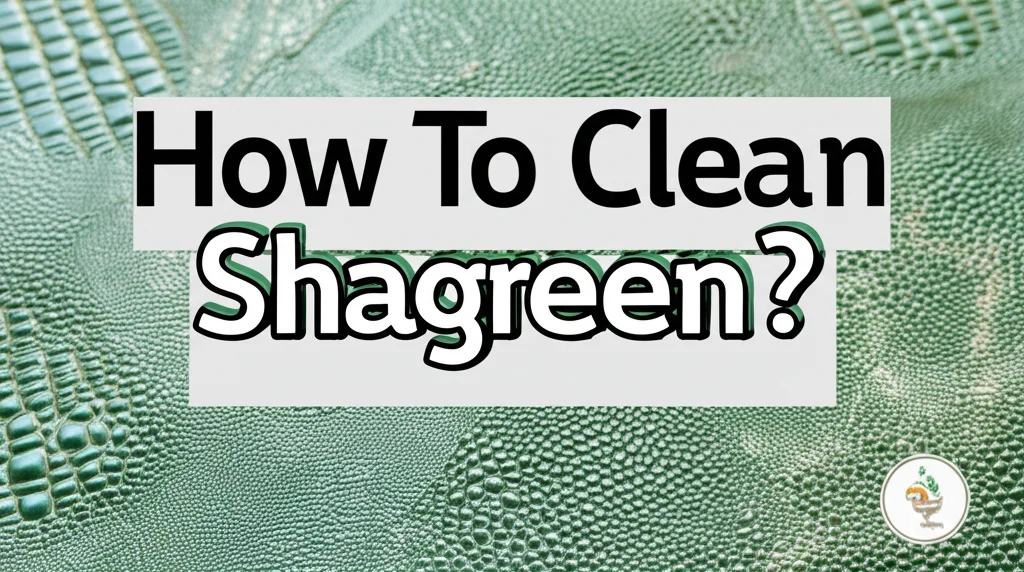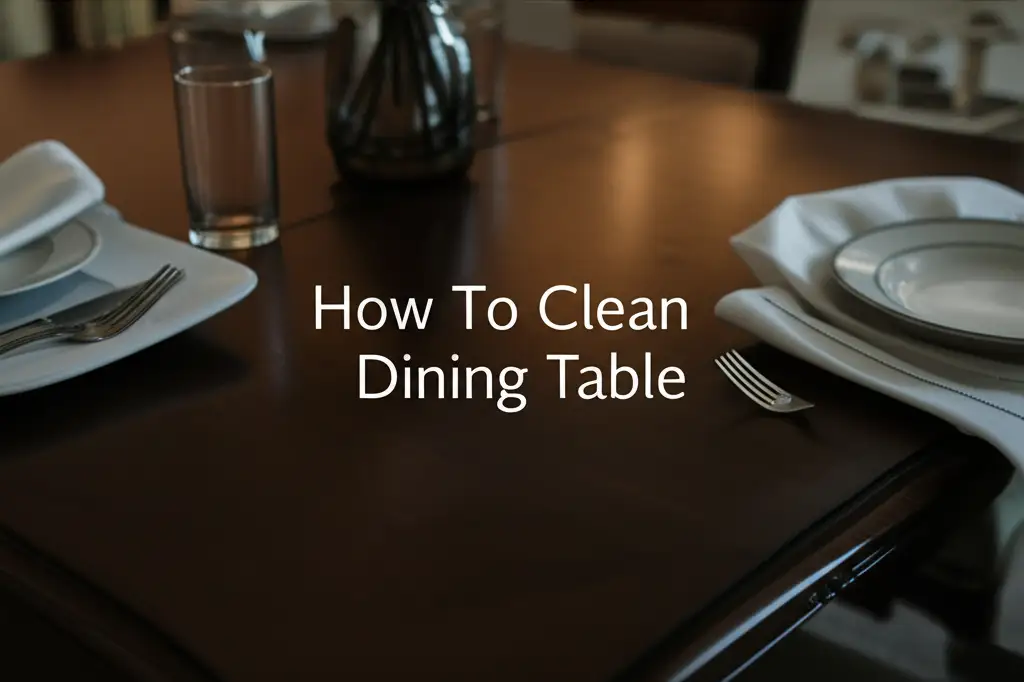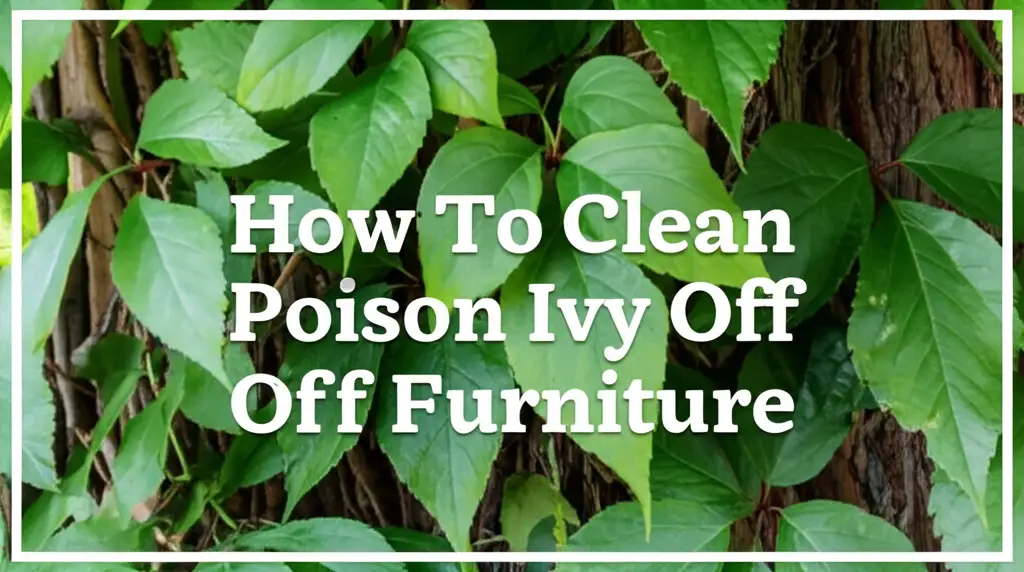· Home Cleaning · 7 min read
How To Clean Shagreen?

Cleaning Shagreen: A Comprehensive Guide
Have you ever encountered a piece of furniture or décor with a subtly textured, almost granular surface? It might be shagreen – a luxurious material with a unique history. Cleaning shagreen requires a delicate touch, as it’s not your typical leather. This guide will walk you through everything you need to know to safely and effectively clean your shagreen items, preserving their beauty for years to come. We’ll cover everything from identifying shagreen to the best cleaning methods and preventative care.
Shagreen is made from the skin of sharks or rays, traditionally treated to create a distinctive, bumpy texture. It’s been prized for centuries for its durability and aesthetic appeal, often used in high-end furniture, boxes, and accessories. Understanding its composition is key to knowing how to clean it properly. This article will provide you with the knowledge to confidently maintain your shagreen possessions.
Can you clean shagreen at home?
Yes, you can clean shagreen at home with the right techniques and products. Avoid harsh chemicals and abrasive cleaners, opting for gentle methods to preserve the material’s unique texture and finish. Regular dusting and careful cleaning will keep your shagreen looking its best.
Takeaway:
- Dust shagreen regularly with a soft cloth.
- Use a damp (not wet!) cloth with mild soap for gentle cleaning.
- Avoid harsh chemicals, abrasives, and excessive water.
- Condition shagreen periodically to maintain its suppleness.
What Exactly Is Shagreen? Understanding the Material
Before diving into cleaning, let’s understand what shagreen actually is. Traditionally, shagreen refers to the skin of sharks or rays that has been treated to expose the denticles – the tiny, tooth-like scales that give it its characteristic texture. These denticles are what make shagreen so unique and visually appealing. Modern shagreen can sometimes be made from other materials attempting to mimic the look, but genuine shagreen is a natural product.
The process of creating shagreen involves removing the flesh and muscle tissue, leaving only the skin and the denticles. The skin is then stretched, dried, and often dyed or finished. This process results in a durable, yet somewhat delicate, material that requires specific care. Knowing this history helps explain why certain cleaning methods are better suited than others.
Identifying Genuine Shagreen
It’s important to know if you’re dealing with genuine shagreen or a faux alternative. Here are a few ways to tell:
- Texture: Real shagreen has a distinct, bumpy texture due to the denticles. It feels slightly rough to the touch.
- Pattern: The denticle pattern is irregular and unique to each piece.
- Edges: The edges of genuine shagreen will show the individual denticles.
- Smell: Genuine shagreen may have a slight, fishy odor, though this is often masked by finishes.
Gentle Cleaning: Your First Line of Defense
Regular, gentle cleaning is the best way to maintain shagreen. Dusting is crucial to prevent dirt and grime from building up and damaging the surface. Use a soft, dry cloth – microfiber is ideal – to wipe down your shagreen items weekly. This simple step will remove loose particles and keep the surface looking fresh.
For more thorough cleaning, a slightly damp cloth is your best bet. Avoid soaking the material, as excessive water can damage the skin. Use distilled water to avoid mineral deposits. Add a tiny amount of mild soap, like a pH-neutral dish soap, to the water. Gently wipe the surface, following the grain of the shagreen.
Removing Light Dirt and Grime
Here’s a step-by-step guide to removing light dirt and grime:
- Dust the shagreen item with a soft, dry cloth.
- Dampen a clean microfiber cloth with distilled water and a drop of mild soap.
- Gently wipe the surface, following the grain.
- Rinse the cloth with clean distilled water and wipe the shagreen again to remove any soap residue.
- Dry the surface immediately with a clean, dry cloth.
Dealing with Stubborn Stains on Shagreen
While prevention is key, stains can happen. Addressing them quickly and carefully is essential. Avoid harsh chemicals like bleach, ammonia, or strong detergents, as these can strip the natural oils from the shagreen and cause damage.
For oil-based stains, try blotting the area with a clean cloth to absorb as much oil as possible. Then, gently apply a paste made from cornstarch and water. Let it sit for a few hours to absorb the remaining oil, then brush it off. For water-based stains, blot the area immediately with a clean, dry cloth. Avoid rubbing, as this can spread the stain. If the stain persists, consult a professional leather cleaner. You can find more information on leather care at https://beacleaner.com/how-to-clean-vomit-off-leather-couch/.
Spot Testing is Crucial
Before applying any cleaning solution to the entire surface, always spot test it in an inconspicuous area. This will help you ensure that the solution doesn’t cause discoloration or damage. Apply a small amount of the solution to a hidden area, let it sit for a few minutes, and then wipe it off. If there are no adverse effects, you can proceed with cleaning the rest of the surface.
Conditioning Shagreen: Maintaining Suppleness
Shagreen, like other leathers, can dry out over time. Conditioning helps to replenish the natural oils and keep the material supple and prevent cracking. Use a leather conditioner specifically designed for exotic skins. Apply a small amount of conditioner to a clean cloth and gently rub it into the shagreen, following the grain.
Allow the conditioner to absorb for a few minutes, then buff the surface with a clean, dry cloth. Avoid using excessive conditioner, as this can leave a sticky residue. Conditioning should be done every few months, or as needed, to maintain the shagreen’s health and appearance. Proper conditioning is vital for longevity.
Choosing the Right Conditioner
Look for a conditioner that is specifically formulated for exotic leathers or shagreen. Avoid conditioners that contain harsh chemicals or solvents. A good conditioner will contain natural oils and waxes that will nourish and protect the shagreen.
Protecting Your Shagreen: Preventative Measures
Protecting your shagreen from damage is just as important as cleaning it. Here are a few preventative measures you can take:
- Avoid Direct Sunlight: Prolonged exposure to direct sunlight can fade and dry out the shagreen.
- Keep Away from Heat Sources: Heat can also cause the shagreen to dry out and crack.
- Protect from Moisture: Avoid exposing shagreen to excessive moisture, as this can damage the skin.
- Use Coasters and Placemats: When using shagreen furniture, use coasters and placemats to protect the surface from spills and scratches.
- Regular Dusting: As mentioned earlier, regular dusting is essential to prevent dirt and grime from building up.
Taking these preventative measures will help to keep your shagreen items looking their best for years to come. You might also find helpful tips on protecting your furniture at https://beacleaner.com/how-to-clean-luxury-vinyl-plank-flooring/.
FAQ: Common Questions About Cleaning Shagreen
Q: Can I use leather cleaner on shagreen?
A: While some leather cleaners may be suitable, it’s best to use a cleaner specifically designed for exotic skins or shagreen. Always spot test first! Harsh chemicals in standard leather cleaners can damage the delicate texture.
Q: How often should I condition my shagreen?
A: Condition your shagreen every 3-6 months, or as needed, depending on the climate and how often the item is used. If the shagreen appears dry or stiff, it’s time to condition.
Q: What should I do if I spill something on my shagreen?
A: Blot the spill immediately with a clean, dry cloth. Avoid rubbing, as this can spread the stain. For oil-based spills, use cornstarch to absorb the oil. For water-based spills, simply blot and dry.
Q: Can I use a steam cleaner on shagreen?
A: No, avoid using a steam cleaner on shagreen. The heat and moisture can damage the skin and cause it to crack.
Conclusion: Preserving the Beauty of Shagreen
Cleaning shagreen requires a gentle and cautious approach. By following the tips outlined in this guide, you can safely and effectively maintain the beauty of your shagreen items. Remember to dust regularly, use mild soap and water for cleaning, condition periodically, and protect your shagreen from harsh elements.
Shagreen is a unique and luxurious material that deserves special care. With a little effort, you can ensure that your shagreen possessions remain stunning for generations. Don’t hesitate to consult a professional leather cleaner if you’re unsure about any cleaning method. Proper care of your shagreen will ensure it remains a treasured piece for years to come. If you’re looking for more cleaning advice, check out https://beacleaner.com/how-to-clean-hardwood-floors-with-vinegar/ for tips on other delicate surfaces.
- shagreen cleaning
- exotic leather care
- furniture cleaning
- leather maintenance




